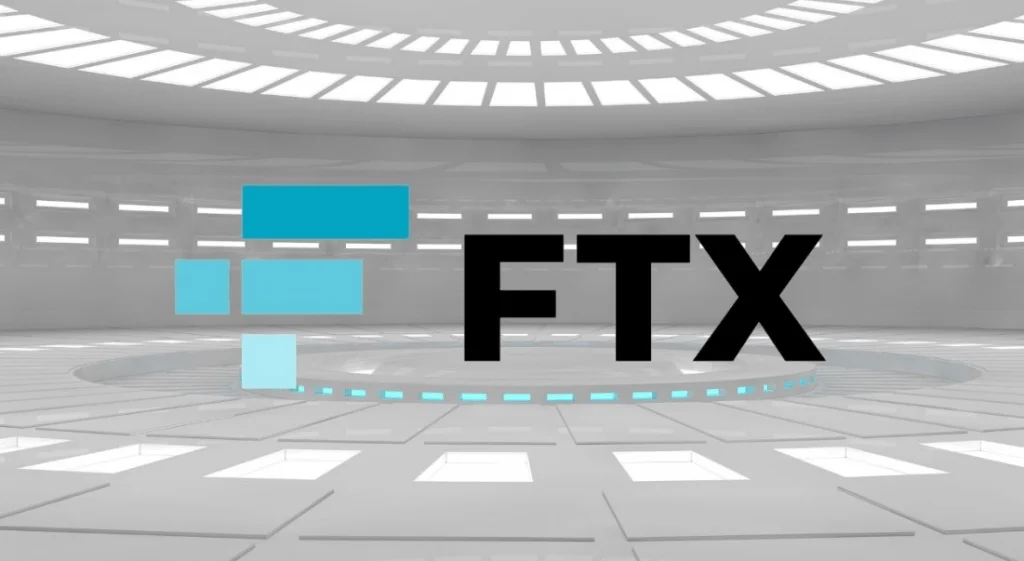FTX, a cryptocurrency exchange based in the Bahamas, has released a 10-point proposal that contains a set of principles and ideas to assist the US policymakers in developing a crypto-centred regulatory framework.

After Maxine Waters, the leader of the House Committee on Financial Services, asked several CEOs of large crypto firms to speak on the topic of digital assets and the future of finance, FTX published the “FTX’s Key Principles for Market Regulation” blog.
Some ideas contained in the proposal
One of the ideas in the ten essential principles is for an alternative regulatory approach that offers a unified regulatory system for spot and derivatives markets. The blog claims that:
“The regulatory label on a given product or market need not change the core goals of regulation, and the same rulesets should generally apply across all markets.”
The requirement for a direct membership market structure, which allows firms to conduct regulated trades without the involvement of a third party, is also explained by FTX. The exchange also proposes legislation requiring greater openness from crypto-asset custodians, claiming that “customers should be provided visibility” into how custodial services plan to manage fraud and theft concerns.
The blog also calls for frameworks for reporting transactional behaviour in order to avoid market manipulation and protect customers. FTX also emphasized the importance of regulating stablecoin issuance:
“A platform operator that permits the use of stable coins for settlement of transactions should be required to explain the standards the platform operator uses in deciding which stable coins it permits for such purposes.”
FTX exchange and its take on KYC
FTX CEO Sam Bankman-Fried announced proactive initiatives to streamline the exchange’s Know Your Customer (KYC) operations in August.
Bankman-Fried launched a new feature on FTX that certifies a user’s jurisdiction based on their registered phone number, citing the significance of KYC tools for cryptocurrency’s mainstream adoption:
“We check users’ phone numbers against their submitted names in KYC1, in order to further verify them. When this doesn’t work or there isn’t data, we’ll require KYC2 to access some features of the site, including futures.”
